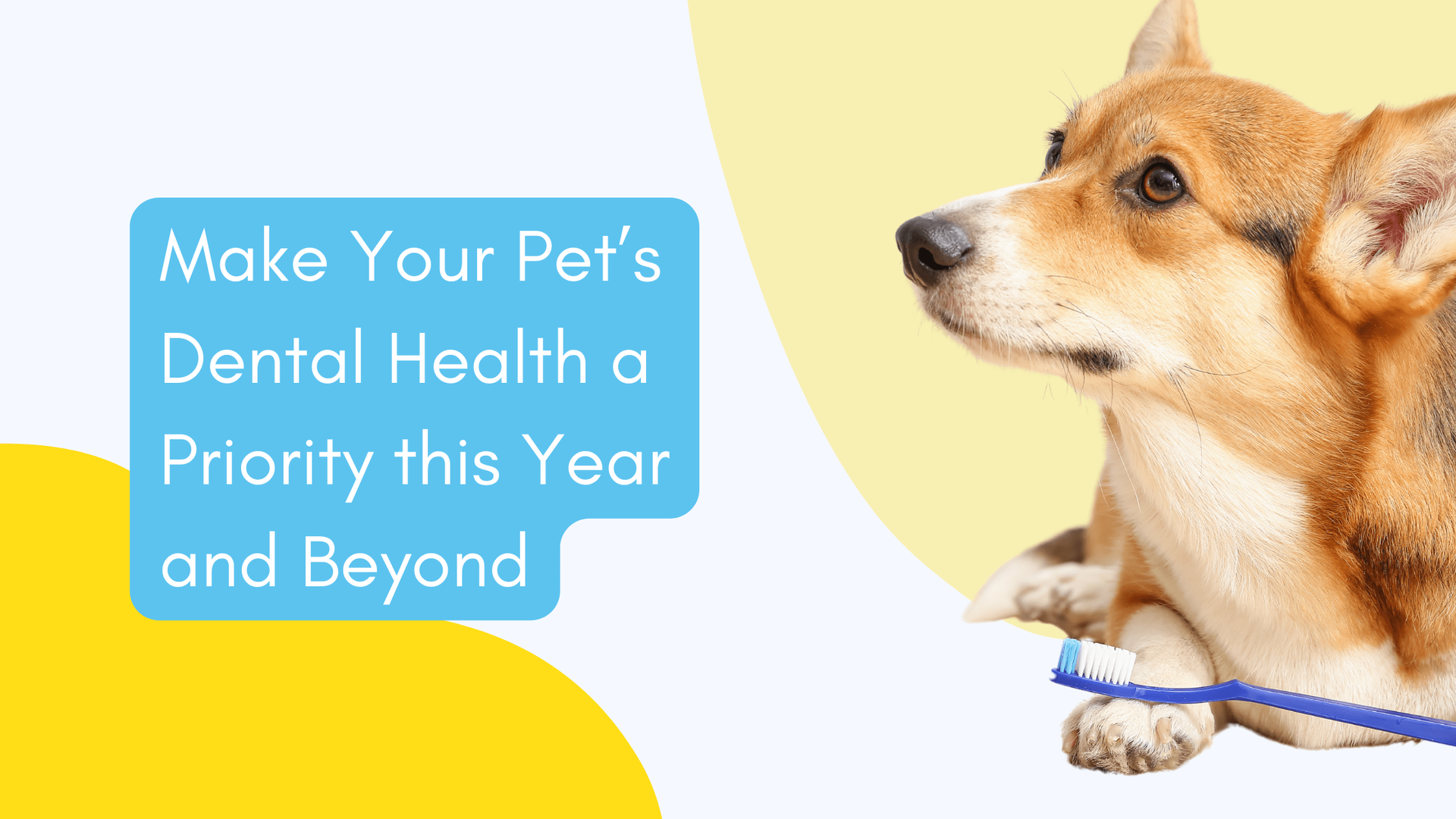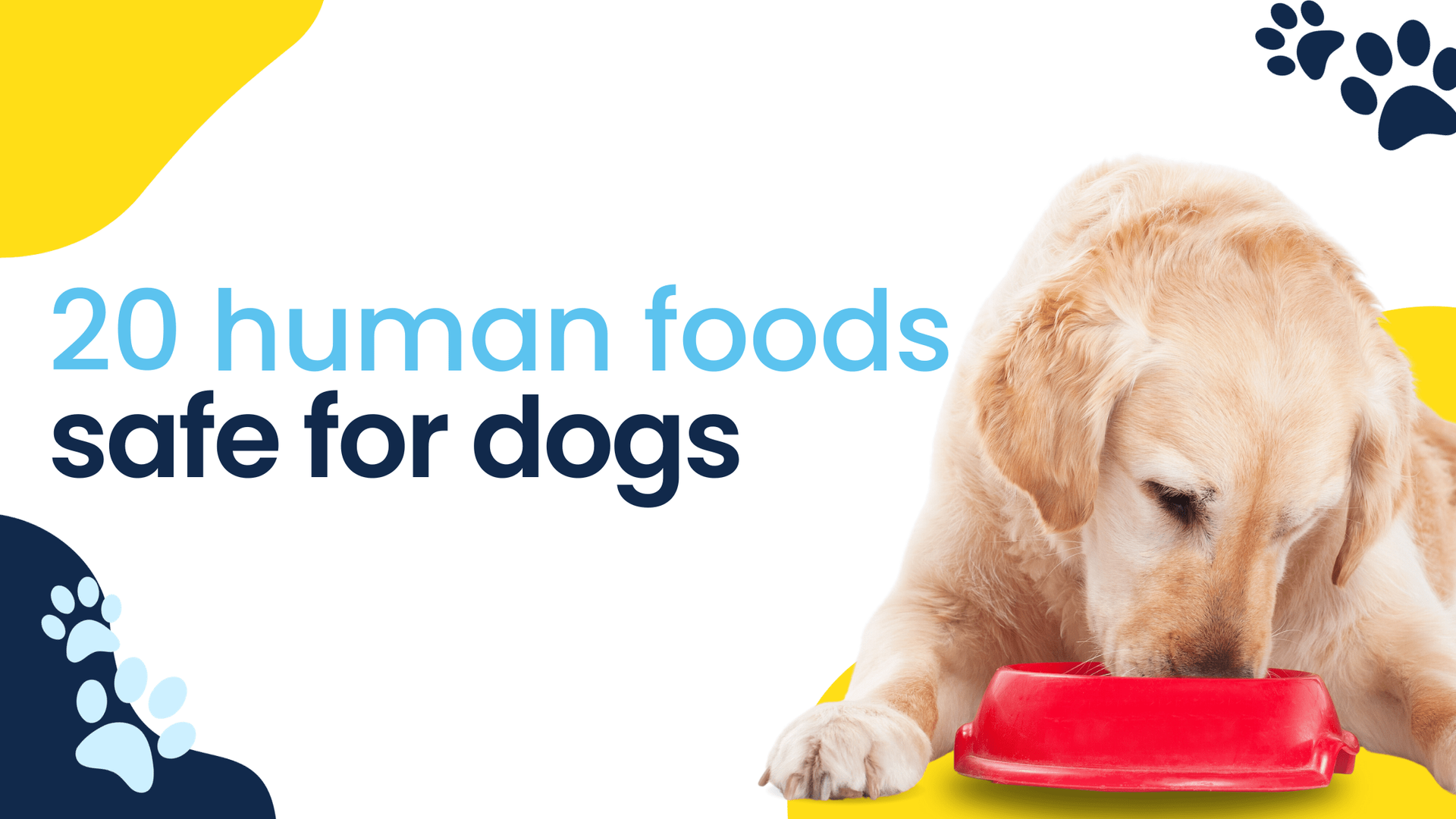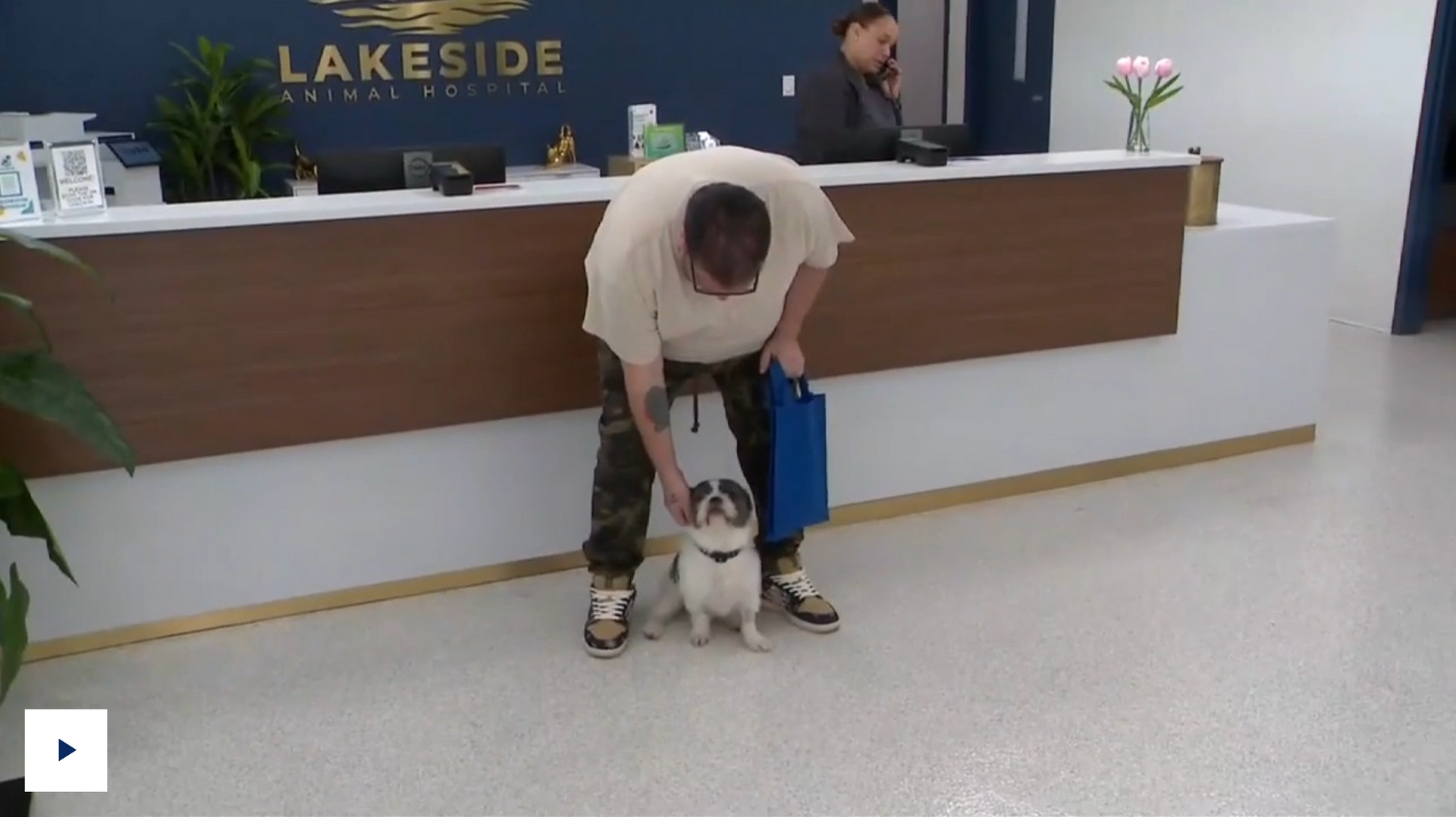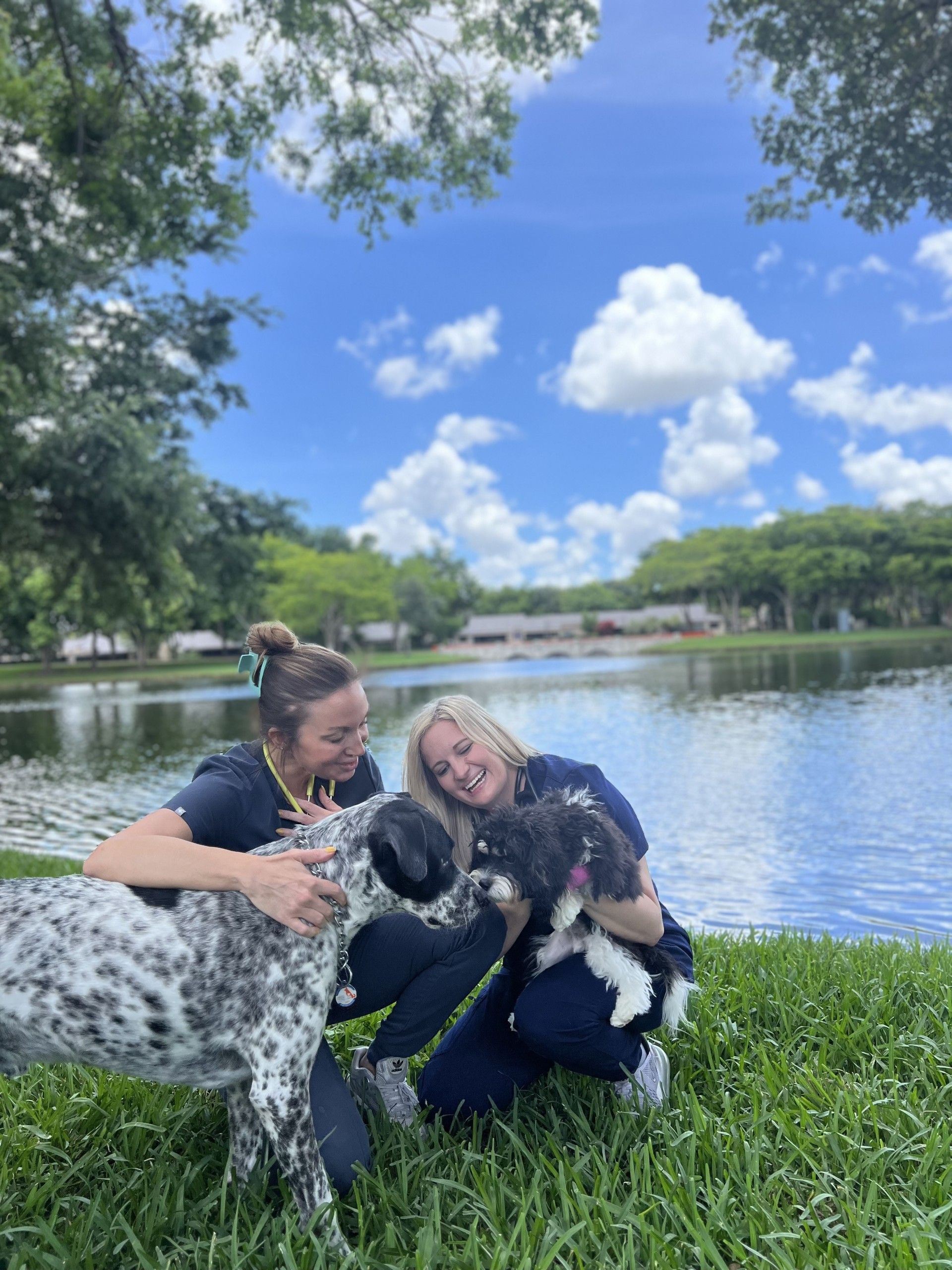Vaccines for Dogs in Plantation, FL
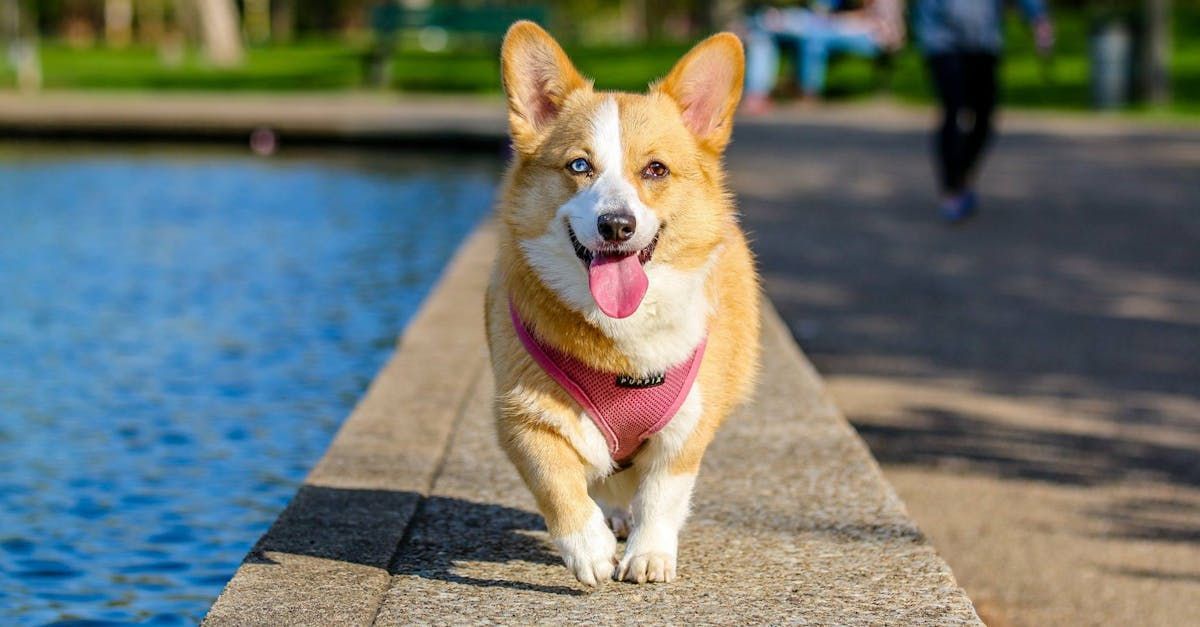
How Do Vaccines Work, and How Do They Help My Dog?
Vaccines work by stimulating your dog’s immune system to recognize and fight off specific diseases. When a vaccine is administered, it introduces a small, safe amount of the disease-causing organism or its components to your dog’s body. This process triggers the production of antibodies, which are essential in building immunity. Vaccines help protect your dog from potentially severe and life-threatening illnesses by preparing their immune system to respond quickly if exposed to the real pathogen.
Vaccinating your dog is a proactive way to ensure they stay healthy and happy. Dog vaccinations are critical in preventing the spread of diseases within the community, protecting not just your pet but also others they come into contact with. The effectiveness of vaccines means that even if your dog is exposed to a disease, the chances of severe illness are significantly reduced. Vaccines help maintain a safer environment for all pets, especially in places like dog parks and social gatherings.
To learn more about how vaccinations can protect your dog, schedule a consultation with our experienced veterinarians today.
What Vaccines Does My Dog Need?
There are several essential vaccines recommended for dogs to keep them protected. Core vaccines are necessary for all pets, as they protect against common and severe diseases such as rabies, distemper, parvovirus, and adenovirus. The rabies vaccine is especially important as rabies vaccinations are required by law in many areas, including Plantation, FL. This vaccine protects your dog and the community from this deadly virus.
Non-core vaccines, such as those for Bordetella (kennel cough), leptospirosis, and canine influenza, are recommended for dogs based on their lifestyle and specific risk factors. For example, dogs that spend time at dog parks or are boarded frequently might benefit from the Bordetella vaccine. Consulting with your veterinarian at Lakeside Animal Hospital will help determine the best vaccination schedule and appropriate vaccines for your dog’s needs.
How Often Does My Dog Need to Be Vaccinated?
The frequency of dog vaccinations depends on the type of vaccine and your dog’s age, health, and lifestyle. Puppies typically start their vaccinations at 6 to 8 weeks of age and continue receiving them every two to four weeks until they are at least 16 weeks old. This puppy vaccination schedule helps build strong immunity during their early, vulnerable months.
For adult dogs, booster vaccines are usually given annually or every three years, depending on the specific vaccine. Core vaccines like the DHPP (distemper, hepatitis, parainfluenza, and parvovirus) and the rabies vaccine require regular boosters to maintain immunity. It's crucial to follow the vaccination schedule recommended by your veterinarian to ensure your dog remains protected throughout their life.
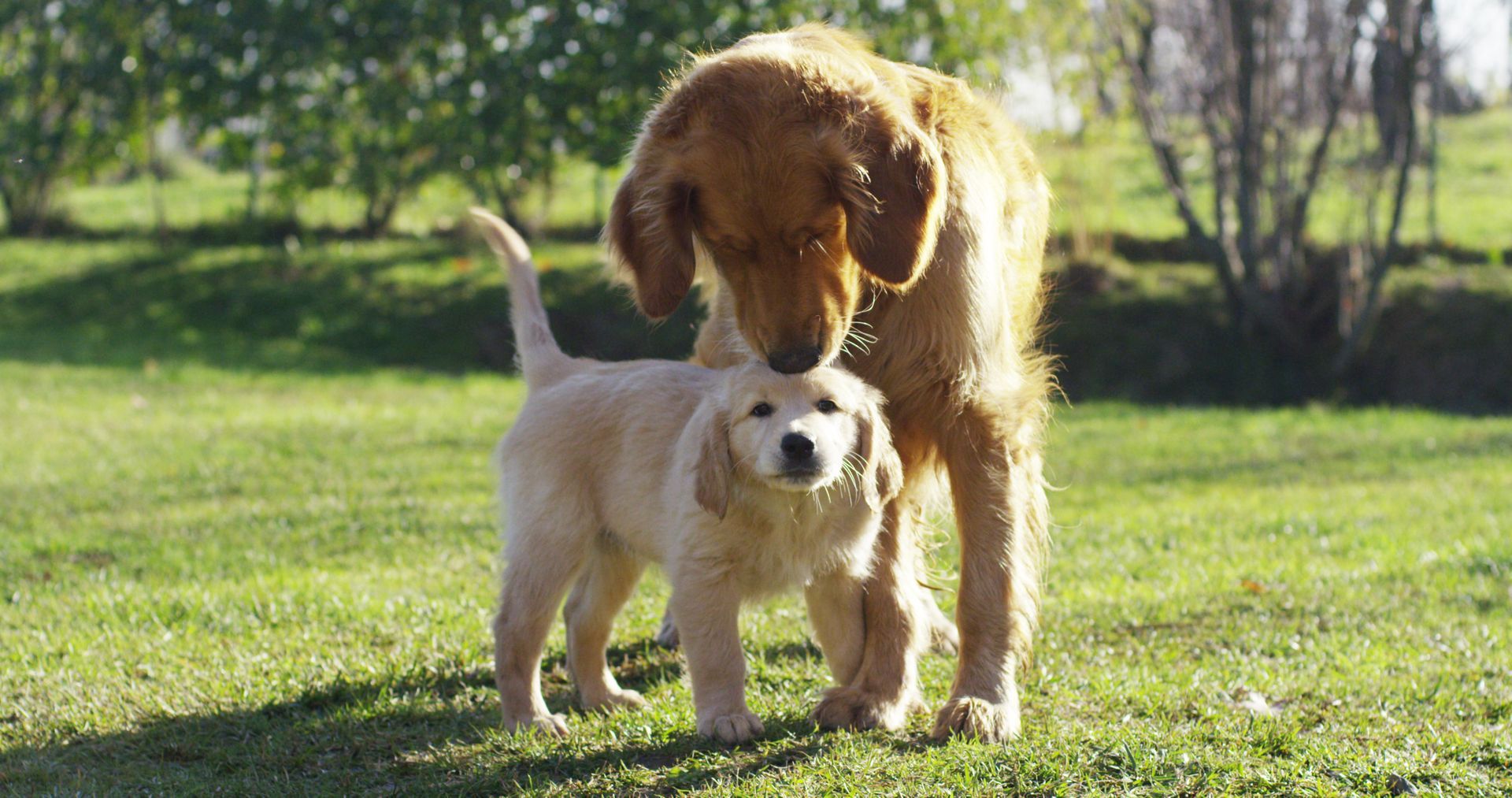
Puppy Vaccine Schedule
Puppies are especially vulnerable to diseases, making a proper puppy vaccine schedule critical. Starting at 6 to 8 weeks of age, puppies should receive a series of vaccines every two to four weeks until they are about 16 weeks old. These puppy vaccinations include core vaccines such as distemper, parvovirus, and adenovirus. Additionally, the rabies vaccine is administered according to local regulations, often when the puppy is around 12 to 16 weeks old.
Following the puppy vaccination schedule is essential for building a strong immune system. Vaccines given at the right intervals help protect your puppy from potentially deadly diseases during their most vulnerable stages. Your veterinarian will guide you through this process, ensuring your puppy receives all necessary vaccines.
Schedule your puppy’s first vaccination appointment with us today to ensure they get a healthy start.
Adult Dog Vaccination Schedule
If you have adopted a new adult dog, it’s important to review their vaccination history with your veterinarian. An adult dog vaccination schedule will typically include boosters for core vaccines such as rabies and DHPP. Adult dogs need these boosters to ensure continued immunity against serious diseases. The exact schedule will depend on their vaccination history and current health status.
Your veterinarian may also recommend non-core vaccines based on your dog’s lifestyle and exposure risks. For example, the leptospirosis vaccine might be necessary if your dog spends time outdoors in areas where this bacteria is common. Maintaining an appropriate schedule for vaccinations ensures your adult dog remains healthy and protected.
Call/text us today to discuss your new adult dog’s vaccination needs.
What Diseases Do Dog Vaccines Prevent?
Dog vaccines are designed to protect against a range of serious diseases. Core vaccines safeguard your dog from conditions such as rabies, which is a fatal virus transmitted through the bite of an infected animal. The distemper vaccine protects against a highly contagious viral disease that affects the respiratory, gastrointestinal, and nervous systems. Parvovirus is another dangerous disease, especially for puppies, causing severe gastrointestinal distress.
Non-core vaccines protect against additional diseases based on lifestyle and environment. For example, the leptospirosis vaccine is important in areas with standing water, as the bacteria can be spread through contact with contaminated water. Bordetella, often called kennel cough, is a highly contagious respiratory infection, particularly a risk for dogs in social settings like boarding facilities. Canine influenza vaccines help protect against the flu virus, which can spread rapidly among dogs.
How Can I Comfort My Dog After They Get Their Shots?
After vaccination, it’s common for dogs to experience mild discomfort or side effects. To comfort your dog, ensure they have a quiet and comfortable place to rest. Gentle petting and soothing words can help them feel secure. Offering their favorite treat or toy can also provide a distraction and make them feel more at ease.
If your dog experiences minor swelling at the injection site or a slight fever, this is typically normal and should resolve within a day or two. However, monitoring your pet for any unusual reactions is important. If you notice persistent discomfort or other concerning symptoms, contact your veterinarian for advice. Providing care and attention helps your dog recover quickly and reinforces a positive experience with veterinary visits.
What Are Common Side Effects of Vaccines in Dogs?
Most dogs experience only mild side effects from vaccines, such as slight swelling at the injection site, mild fever, or decreased appetite. These reactions are typically short-lived and resolve within a couple of days. It’s a sign that the body is responding to the vaccine and building immunity.
More serious side effects are rare but can occur. These might include allergic reactions such as facial swelling, hives, or difficulty breathing. If your dog exhibits any of these symptoms, seek veterinary care immediately. Your veterinarian will guide you on how to monitor your dog post-vaccination and what signs to watch for to ensure their well-being.
For more information on vaccine side effects, consult with our veterinarians today.
How Much Do Dog Vaccinations Cost?
The cost of vaccines can vary based on the type of vaccine and your location. At Lakeside Animal Hospital, we strive to provide transparent and competitive pricing for all our services. While it’s difficult to give an exact figure without knowing your dog’s specific needs, the general cost includes the initial vaccine series for puppies and booster shots for adult dogs.
For detailed pricing, it’s best to contact our clinic directly. We can provide an estimate based on your dog’s age, health status, and required vaccines. Investing in vaccinations is a crucial part of keeping your dog healthy and preventing costly treatments for preventable diseases.
How Long Does It Take a Vaccine to Produce Immunity?
After receiving a vaccine, it typically takes about one to two weeks for your dog’s immune system to build sufficient antibodies and achieve immunity. This timeframe can vary depending on the specific vaccine and your dog’s health. For puppies, the initial series of vaccinations helps establish immunity gradually, with booster shots enhancing and maintaining this protection.
It's essential to follow the vaccination schedule recommended by your veterinarian to ensure timely and effective immunity development. Delays or missed vaccines can leave your dog vulnerable to diseases, so staying on schedule is key to optimal health.
Why Does My Dog Need to Be Revaccinated?
Booster shots are necessary to maintain the immunity provided by initial vaccinations. Over time, the level of antibodies in your dog’s system can decrease, making them susceptible to infections again. Regular boosters ensure that your dog’s immune system remains primed and ready to fight off diseases.
Different vaccines have varying durations of effectiveness. For example, the rabies vaccine often requires a booster every three years, while other vaccines might need annual boosters. Your veterinarian will provide a vaccination schedule tailored to your dog’s needs, ensuring they receive timely revaccination.
Book your dog’s booster shots with Lakeside Animal Hospital to keep them protected.
Do Vaccines Provide 100% Protection?
While vaccines are highly effective, they do not guarantee 100% protection. However, vaccinated dogs are far less likely to contract the diseases they’re vaccinated against, and if they do, the severity is usually much less. Maintaining a comprehensive healthcare plan, including regular vet check-ups and booster shots, maximizes your dog’s protection.
Vaccines work by stimulating the immune system to recognize and fight specific pathogens, but no medical intervention is foolproof. It’s important to combine vaccination with other preventive measures, such as good hygiene and avoiding exposure to sick animals, to keep your dog as healthy as possible.
Looking for a Vet in Plantation, Florida?
If you’re a new pet owner in Plantation, FL, Lakeside Animal Hospital is here to provide the compassionate and expert care your dog deserves. Our team of experienced veterinarians is dedicated to ensuring your pet’s health through comprehensive vaccination programs and regular wellness check-ups.
We invite you to visit Lakeside Animal Hospital to learn more about our services and how we can help keep your dog healthy. Book an appointment today to start your dog’s vaccination schedule and give them the best protection against common diseases. Enjoy the peace of mind that comes with knowing your pet is in good hands, whether you’re exploring local dog parks or enjoying the warm South Florida weather.
Call/text us now to book your dog’s first visit and meet our friendly team.
Our Pledge To You & Your Best Friend
At Lakeside Animal Hospital, we are about one thing: ensuring the health and well-being of your best friend.
We understand the joy, comfort and companionship your pets bring to you and your family and we take the responsibility of caring for your best friends very seriously.
